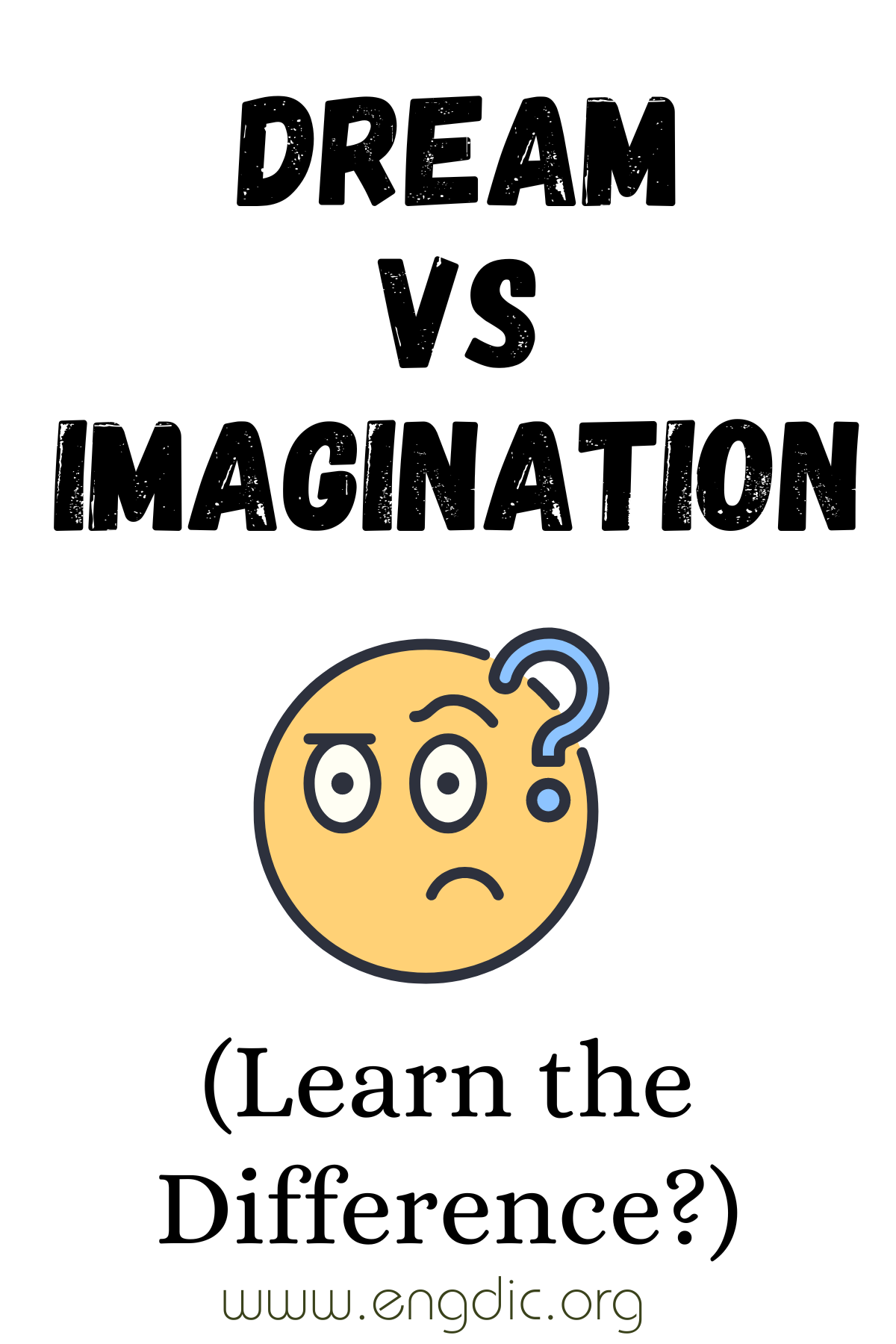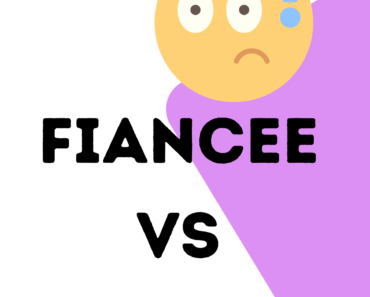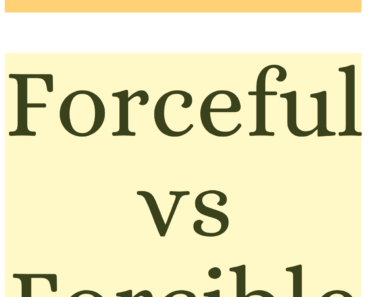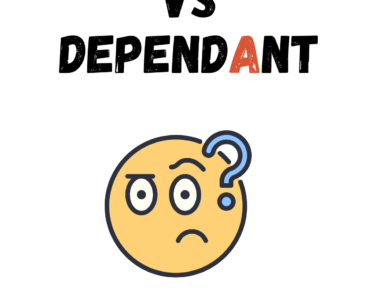In exploring the realms of creativity and the human mind, it’s common to encounter the terms “dream” and “imagination.” While they may seem synonymous at first glance, there are subtle yet significant distinctions between them.
Difference between Dream and Imagination
Dreams are the subconscious experiences that occur during sleep, often characterized by vivid imagery, emotions, and sensations. They are involuntary and typically beyond our conscious control, arising from the depths of our minds while we slumber.
In contrast, imagination is the conscious ability to form mental images, ideas, and concepts, whether based on reality or entirely fabricated. It’s a deliberate and voluntary process, fueled by creativity and cognitive faculties, allowing us to envision possibilities beyond the constraints of the present moment.
Dream
Definition: A dream is a series of thoughts, images, emotions, and sensations occurring involuntarily in the mind during certain stages of sleep.
Usage: Dreams serve various psychological functions, including processing emotions, consolidating memories, and problem-solving. For example, a person may dream about flying, representing a desire for freedom or escape from life’s pressures. Another individual might experience a recurring dream, reflecting unresolved conflicts or fears.
Examples:
- A dream where one finds themselves back in high school, unprepared for an exam, symbolizing feelings of inadequacy or unfulfilled potential.
- Dreaming of a deceased loved one, conveying unresolved grief or a longing for closure.
Imagination
Definition: Imagination is the mental faculty that allows individuals to create, visualize, and manipulate mental images, ideas, and concepts.
Usage: Imagination plays a crucial role in various aspects of human life, including art, literature, innovation, and problem-solving. It enables individuals to innovate, explore hypothetical scenarios, and envision alternative realities. For instance, a scientist imagines the outcome of an experiment before conducting it, anticipating potential results and designing hypotheses accordingly.
Examples:
- A child imagines themselves as a superhero, embodying bravery and strength beyond their physical capabilities.
- An artist painting a surreal landscape, blending elements of reality with fantastical imagery to evoke emotions and provoke thought.







